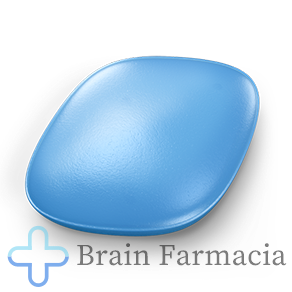Enhancing Drug Development
Drug development is a complex and critical process in the pharmaceutical industry. Researchers and scientists work tirelessly to discover new drugs that can effectively treat various diseases and improve patients' lives. Through extensive research and testing, pharmaceutical companies aim to enhance the efficacy and safety of drugs.
Accelerating Research and Innovation
In recent years, there have been remarkable advancements in technologies that accelerate pharmaceutical research and innovation. High-throughput screening methods allow scientists to quickly test thousands of compounds for potential therapeutic effects. Additionally, computational modeling and artificial intelligence help analyze vast amounts of data to identify promising drug candidates.
By leveraging these innovative approaches, researchers can optimize the drug development process, reducing time and costs while improving success rates. This enables pharmaceutical companies to bring new medications to market faster, benefiting patients in need.
Ensuring Regulatory Compliance
Regulatory compliance is crucial in the pharmaceutical industry to guarantee the safety and efficacy of medications. Strict regulations and guidelines are in place to ensure that pharmaceutical products meet the highest quality standards and don't pose any risks to patients.
Adhering to Good Manufacturing Practices
Good Manufacturing Practices (GMP) are a set of guidelines that outline the minimum requirements for the manufacturing and quality control of pharmaceutical products. GMP ensures that drugs are consistently produced and controlled according to quality standards.
Pharmaceutical companies must follow GMP guidelines to ensure proper documentation, validation of manufacturing processes, traceability of raw materials, and adequate training of personnel. By adhering to GMP, companies can maintain the integrity of their products and ensure patient safety.
Conforming to Regulatory Frameworks
In addition to GMP, pharmaceutical companies must comply with various regulatory frameworks, such as those set by the Food and Drug Administration (FDA) in the United States or the European Medicines Agency (EMA) in Europe. These regulatory bodies assess the safety, efficacy, and quality of pharmaceutical products before granting marketing approvals.
By conforming to these regulatory frameworks, pharmaceutical companies demonstrate their commitment to meeting rigorous standards and ensuring the well-being of patients. It is essential for companies to stay updated with evolving regulations and make any necessary adjustments to their processes to remain compliant.






